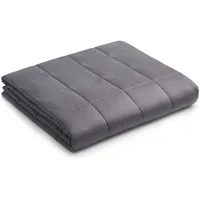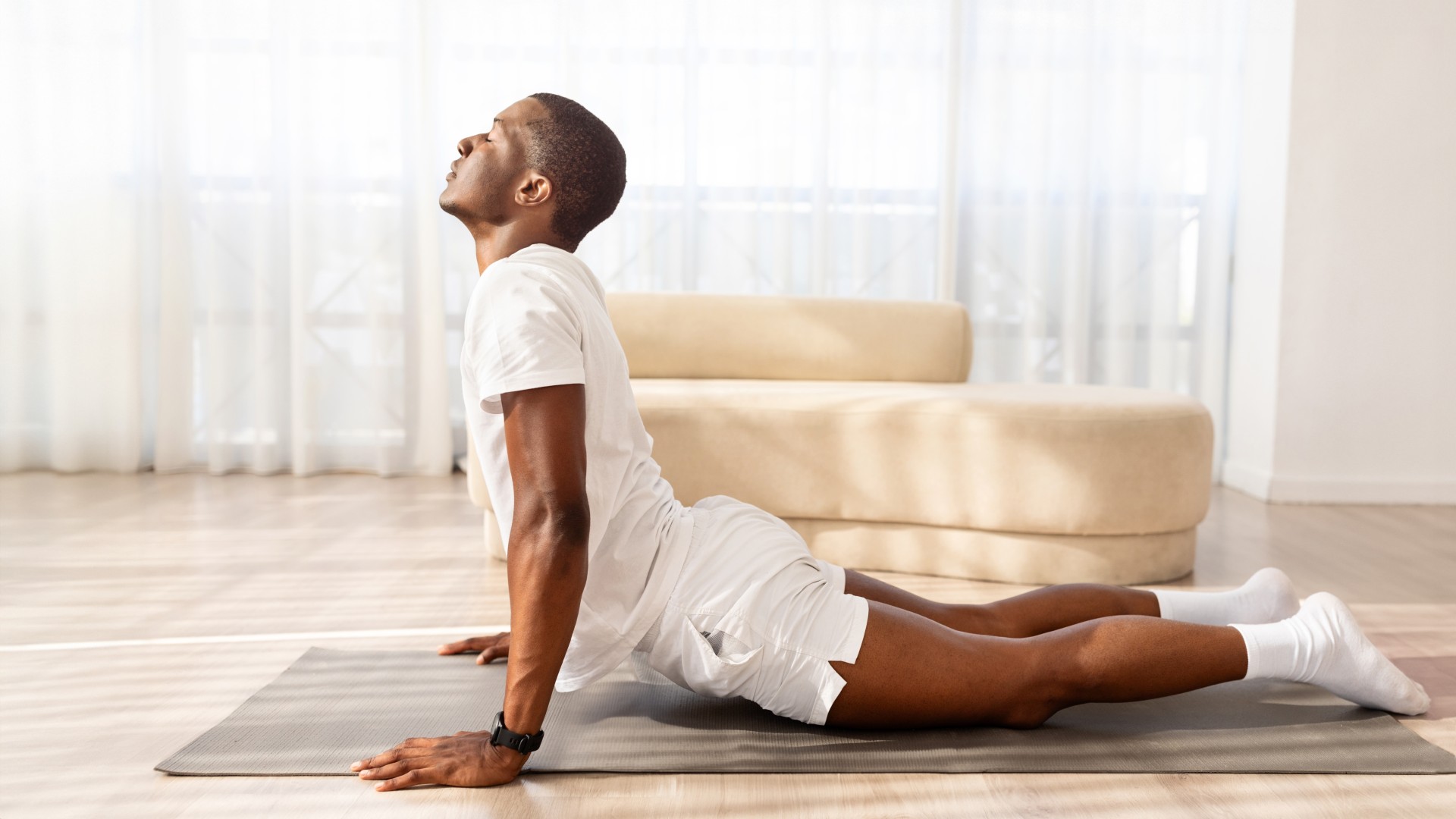Don’t let summer solstice steal your sleep this weekend — how to fall asleep fast even when it's still sunny outside
New research shows that Americans stand to lose most amount of sleep during summer solstice — here's how to avoid that
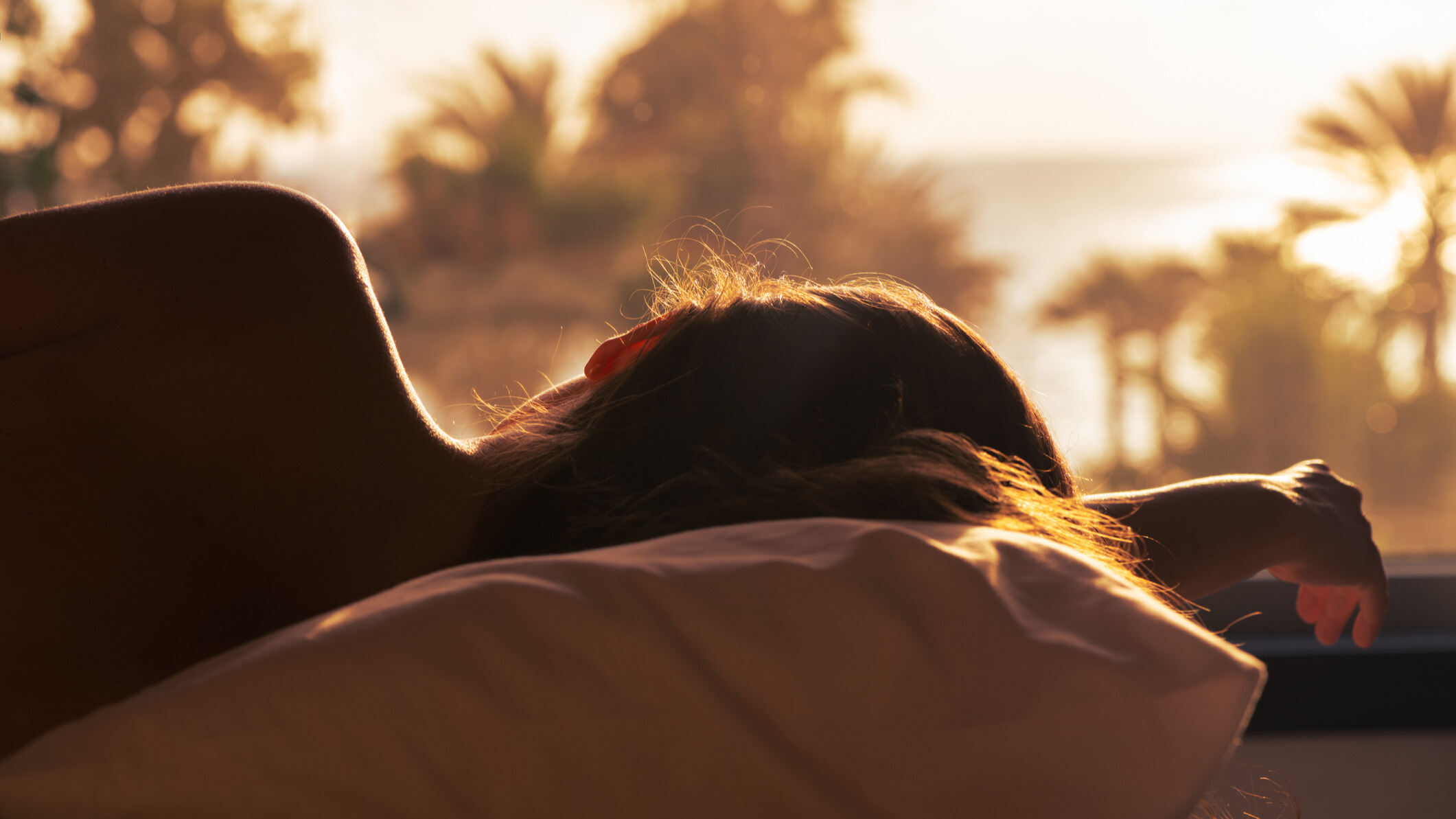
Saturday will be the longest day of the year — but it might do more harm to your sleep than good, according to a recent study.
Research conducted by Withings, a health tech company, shows that Americans have lost around 32 minutes of sleep per night over the last five years. The least sleep in a night was recorded during the June 21 summer solstice, which is the day with the most hours of sunlight within a 12 month period.
There are a number of reasons sleep time could be reduced over the summer solstice, which we'll explore here. They include excessive exposure to sunlight and irregular meal times, which can throw off your sleep schedule, delay sleep onset (time taken to fall asleep) and stop you from getting the recommended hours of rest you need.
Here are tips to avoid this and save your sleep this weekend:
How to fall asleep fast and sleep well on the longest day of the year
1. A little sunshine goes a long way
Sunlight exposure during the day (and particularly in the morning) increases your cortisol levels, helping to keep you alert and active and can help with melatonin (the sleepy hormone) production at night (when melatonin is naturally released in response to darkness).
This process helps regulate your body's circadian rhythm (sleep and wake cycle), which means you're waking and falling asleep at the right times, and getting a restorative night's sleep.
However, continued exposure to bright light in the evening can confuse your brain into remaining stimulated, which can be counterproductive for your sleep at night.
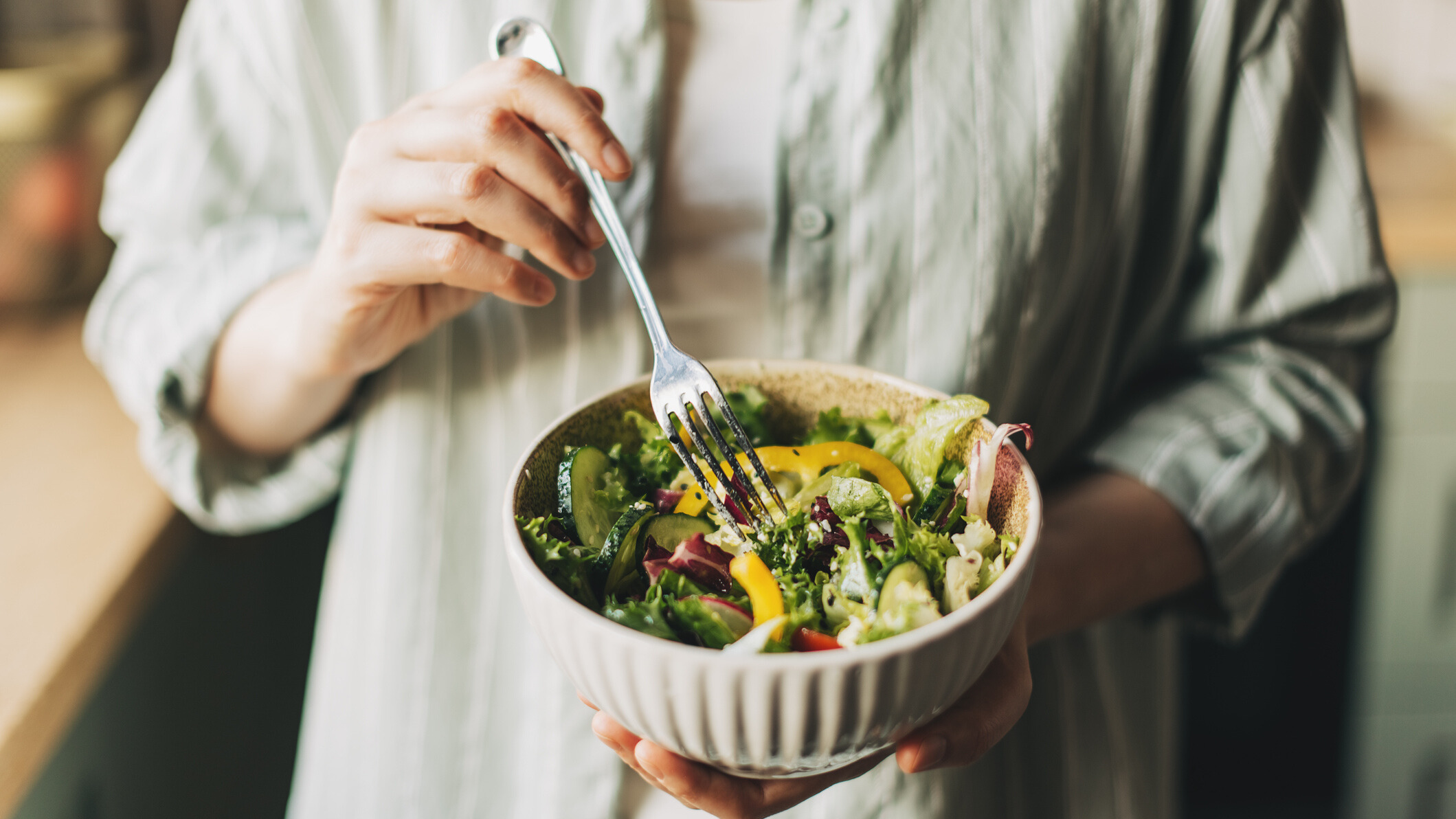
2. Do not skip your regular meal times
With sunlight lasting until beyond 9 pm in the summer, having a late evening meal can be tempting. But before you delay your dinner time, take note that the 2022 Sleep in America Poll , conducted by the National Sleep Foundation, revealed that having regular meal times during the day has a significant positive impact on your sleep.
This is, the National Sleep Foundation explains, because of how your meal times are directly linked to your body's internal sleep and wake mechanism, since they "can act as an important cue for the circadian rhythm." Eating at different times on a day or missing meals "can negatively influence the ability to maintain sleep and wake schedules, especially if meals are eaten too close to bedtime."
Get instant access to breaking news, the hottest reviews, great deals and helpful tips.
Which leads us to why it's better to avoid late-night summer meals.
Some foods can increase the body's core temperature (which can suppress the release of melatonin) when metabolized, and the overall process of metabolizing food will also raise your body temperature. Eating late can also cause other issues like bloating, indigestion or heartburn which can keep you awake and sabotage your sleep.
3. Stick to your sleep schedule no matter what
It might be tempting to stay awake to see the sunset on the longest day of the year, and perhaps even longer, but this may also lead to having a bad night's sleep.
That's because disrupting your normal bedtime will throw off your sleep schedule. Sticking to regular sleep and wake up times helps regulate your circadian rhythm, leading to better quality sleep (and sleep quality is equally as important as quantity), can help you avoid daytime sleepiness and even lead to better health outcomes.
While you may be able to pay back the sleep debt you get from a late night on summer solstice during the same weekend, a consistent schedule will help you get a good night's rest, every night.
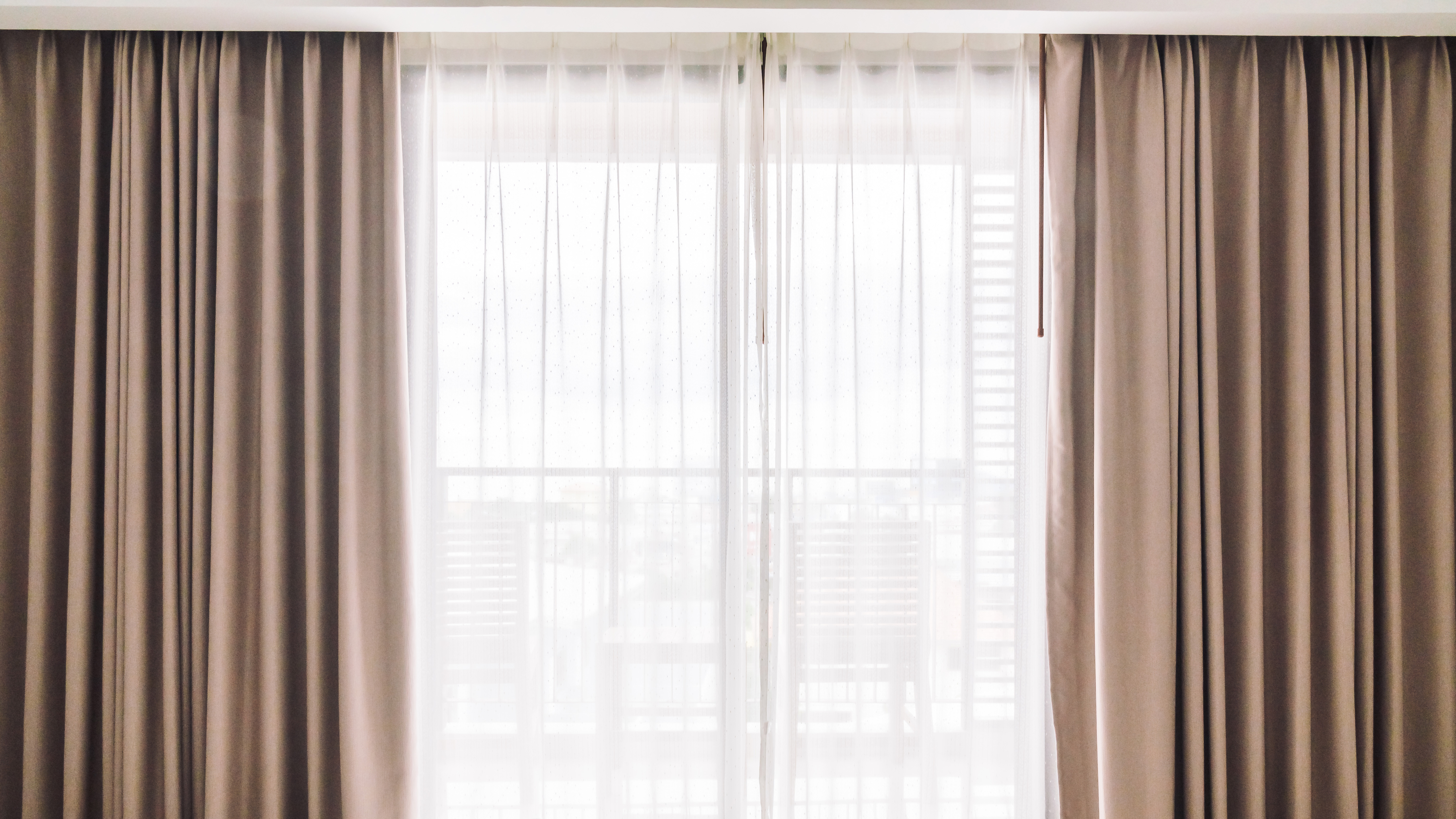
4. Block out light during early evening
External distractions like light can hinder sleep on any night of the year, but obviously there's going to be more daylight in the evening during the summer solstice. Even if you're inside, sunlight seeping into your bedroom can still confuse your brain into thinking you need to be active.
Investing in blackout curtains or an eye mask are great tool to avoid this, especially if you're a light sleeper. Sticking to a regular nighttime routine will also help you winddown in time for bed, even if it's still bright outside.
Looking for more sleep accessories to help you fall asleep faster and get restful sleep? Scroll down for our top picks...
Top 3 products you need for falling asleep when it's bright outside
1. Kitsch Satin Sleep Mask: was from $17.99 from $14.39 at Amazon
Getting a soft to touch sleep mask is a more affordable alternative to installing blackout curtains in your bedroom. This one from Kitsch promises to block out light, and includes light padding for extra comfort, perfect for restful sleep. You can now grab this at 20% off, which drops the MSRP from $17.99 to $14.39 on Amazon.
2. QWH Silicone Ear Plugs for Sleeping: was from $29.99 now from $9.98 at Amazon
Ambient noise is yet another distraction to sleep, which is more likely to present when the days are longer and people are up and about later. A simple solution is to pop in a pair of ear plugs. The QWH reusable ear plugs boast noise reduction up to 30dB, are crafted from lightweight silicone and are available in four sizes (XS, S, M and L). These currently have 67% off, which brings down the MSRP from $29.99 to just $9.98 at Amazon.
3. YnM Breathable Weighted Blanket: twin in 15lb $34.99 at Amazon
Deep pressure therapy has been proven to reduce anxiety and promote rest and relaxation. The YnM breathable weighted blanket will help you achieve this thanks to its glass beads and fiber fill, while our reviewer was surprised to find it breathable and the cover cool-to-touch, which is great for summer nights. You can now find a gray, 15lb weight in a twin size for $34.99 on Amazon. There are cheaper kids' sizes available, and prices vary for other sizes and weights.

Becky is a Sleep Staff Writer at Tom’s Guide covering all things sleep-related including product reviews, research studies, news and explainers. She works on specialist bedding content and is responsible for buyer’s guides like the best pillows for all sleepers and best mattress protectors focusing on popular brands such as Tempur-Pedic, Avocado, Coop Home Goods and more. Becky is a PPA accredited journalist who is keen to explore the intricacies of sleep, its effects on skincare, mental wellbeing and work performance. While not thinking of sleep, she can be seen reading in cosy bookshops or learning about global food culture.
You must confirm your public display name before commenting
Please logout and then login again, you will then be prompted to enter your display name.
 Club Benefits
Club Benefits







